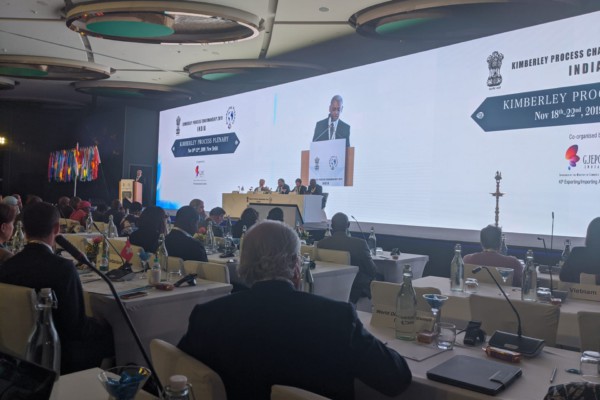
Conflict diamond certification scheme unable and unwilling to reform
November 22, 2019“Conflict diamond certification scheme unable and unwilling to reform” Today, another three-year reform cycle of the Kimberley Process came to an end without meaningful change. Participating states could only find consensus on insignificant changes to the scope and governance of the scheme. They once again failed to effectively protect communities in diamond mining areas from ongoing abuses. In th
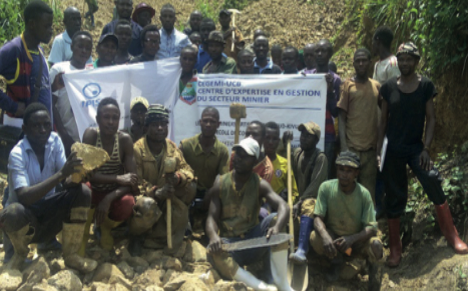
Ground-Based Incident Reporting in eastern DRC – Progress Report 3
November 15, 2019In January 2018, the European Partnership for Responsible Minerals (EPRM) granted IPIS funds to implement an independent, transparent and participatory platform for incident reporting and community empowerment in responsible sourcing in the eastern DRC gold sector. This platform will have to contribute in improving transparency around follow-up and resolution of incidents in cooperation with relev
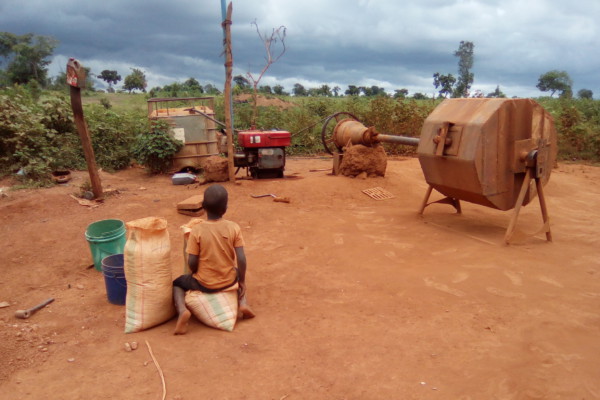
11 December 2019 – IPIS presents “The social, economic and human rights impact of mining: the case of Tanzania”
November 13, 2019IPIS kindly invites you to a presentation of its work on mapping the social, economic and human rights impact of mining in Tanzania. IPIS will present the results of its wide-scale mobile data collection on artisanal and industrial mining in northwest Tanzania. This presentation will shed light on the nature, scope and impact of mining in Tanzania and, more generally, on IPIS’ approach and methodo
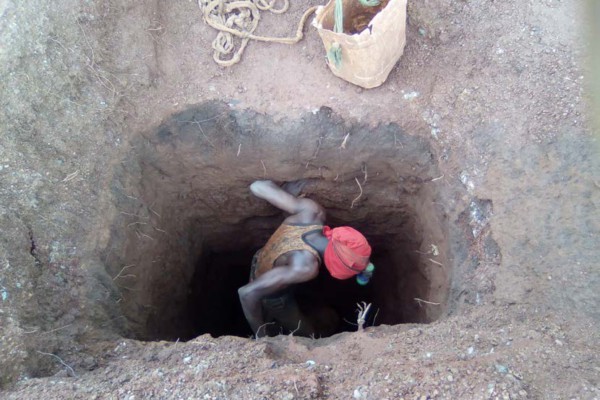
Piloting a digital stakeholder engagement platform for Tanzania’s mining sector: Incident tracking & mobile surveys
October 31, 2019As part of a project on mining and human rights, IPIS undertook a large-scale mobile data collection exercise on operational, socio-economic and human rights aspects of artisanal and industrial mining in northwest Tanzania. Building on this baseline data gathered in the first phase of this project on the nature, scope and impact of artisanal and small-scale mining and local community perceptions o
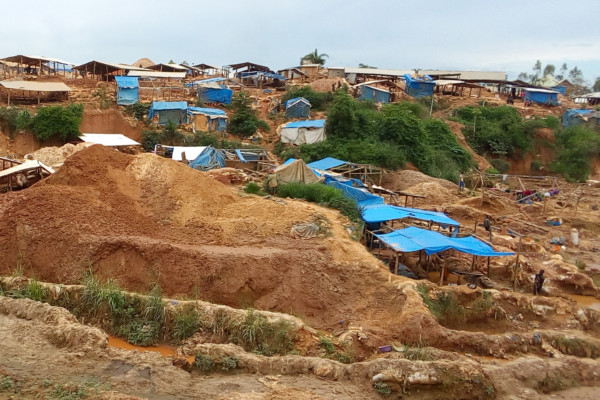
Voix du Congo: Misisi, why so many incidents in the gold supply chain?
October 3, 2019See our series : VOIX DU CONGO In the “Voix du Congo” series, the non-profit organisation “Action pour la paix et le développement” (APDE) presents a study of incidents in the gold supply chain in Misisi, DRC. This study is published in the “Voix du Congo” series, a series of publications by local partners and that aims to bring their work to a wider audience. APDE is an NGO with
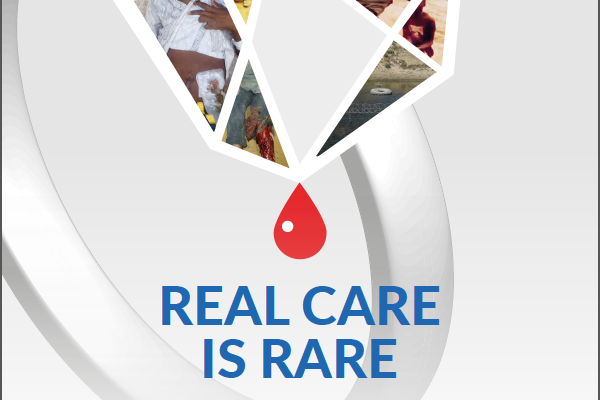
Real Care is Rare: An on-the-ground perspective on blood diamonds and the fifth ‘C’
September 26, 2019A new report, Real Care is Rare. An On-The-Ground Perspective on Blood Diamonds and the Fifth ‘C’, highlights the existence of modern day blood diamonds due to ongoing ties between diamonds and brutal human rights abuse (amongst other ethics issues) in certain diamond mining locales on the African continent and beyond. The report, issued by the Kimberley Process Civil Society Coalition, points out
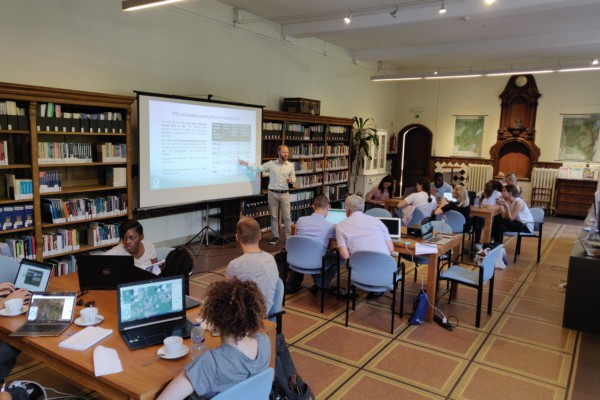
IPIS welcomes University of Antwerp Summer School for workshop on artisanal diamond mining
September 2, 2019On August 28th, 2019, 21 students from the University of Antwerp’s ‘Mine to Finger’ Summer School on diamonds were engaged on “The use of digital maps and open data in the analysis of artisanal mining” with a case-study of the Central African Republic (CAR). The students, with diverse backgrounds, engaged in critical and nuanced discussions on artisanal diamond mining. The workshop kicked-off with
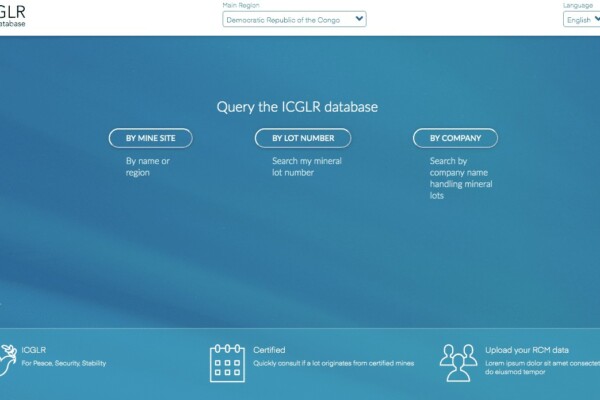
Design of the ICGLR regional database and visualisation platform on mineral flows
August 31, 2019Consultancy In 2018, IPIS developed a database and delivered training for the International Conference of the Great Lakes Region (ICGLR). The objective was to deliver a working prototype webtool to investigate the relation between mining exports lots and the artisanal mining sites where their content originated.In 2019, IPIS and Levin Sources have been engaged by Impact to assist in building respo

Dissecting the social license to operate: Local community perceptions of industrial mining in northwest Tanzania
August 28, 2019Discussions on industrial mining often revolve around the sector’s contribution to domestic revenue generation. The local impact on the rural communities wherein most of these companies operate receives much less attention. To bring the voices of these communities to the centre of the debate, IPIS conducted surveys on community perspectives in 32 villages nearby six industrial mines in northwest T
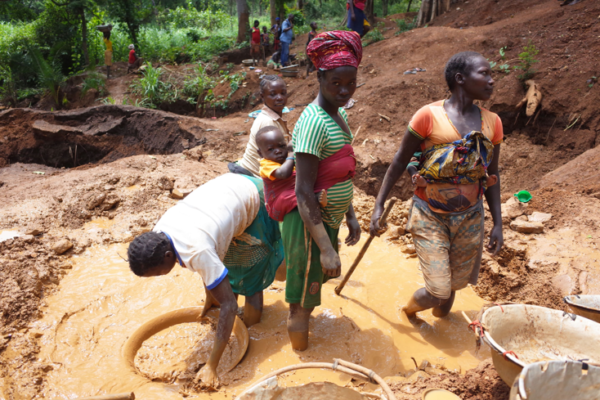
Mapping ASM sites in the Central African Republic: An update from our field teams
July 2, 2019Since February 2019, IPIS is partnering with the Artisanal Mining and Property Rights (AMPR) project from the U.S. Agency for International Development (USAID) to increase awareness and understanding of the opportunities and challenges of establishing responsible gold supply chains in the Central African Republic (CAR). As part of this project, IPIS is supporting the Ministry of Mines in mapping a
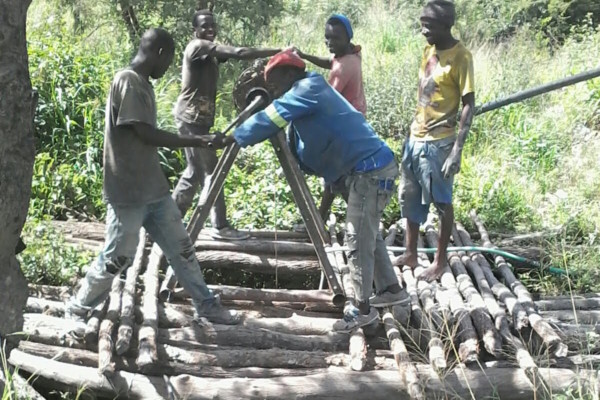
Artisanal and small-scale mining mapping in the Runde Rural District of Zimbabwe
June 28, 2019IPIS and the Zimbabwe Environmental Law Association (ZELA) collaborated to map artisanal and small-scale mining in the Runde Rural district of Zimbabwe. Following a training on Mobile Data Collection (MDC) tools organized by IPIS in November 2018, ZELA conducted a pilot study on Artisanal and Small-Scale Mining (ASM) in the area. Five groups of enumerators from seven wards in Zvishavane visited 31
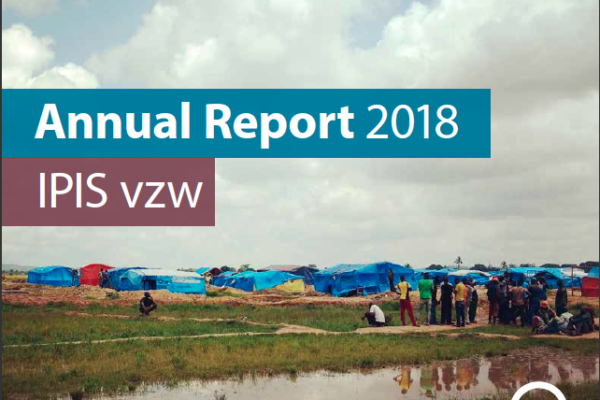
Annual Report 2018
June 27, 2019This 2018 annual report provides an overview of IPIS’ research projects, capacity enhancement and outreach activities throughout last year. IPIS consolidated its work in DRC, Central African Republic and Tanzania and deepened its expertise on mapping, data analysis and research on conflict drivers, natural resources, Business & Human Rights and arms trade. IPIS worked closely with civil societ

“All eyes on the Kimberley Process for desperately needed reform on conflict diamonds”
June 24, 2019Civil society calls on Participants to take their responsibility in preventing diamond-related conflict This week saw the end of the 2019 intersessional meeting of the Kimberley Process (KP) chaired by India. The week-long conference was the scene of discussions among delegates on the possibility of expanding the Kimberley Process’ scope to ensure that the scheme addresses modern day conceptions o
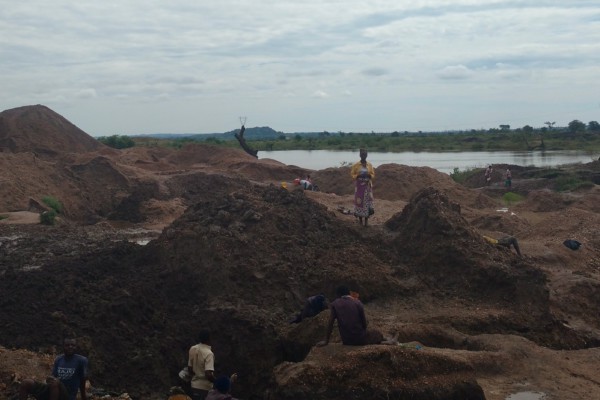
Kimberley Process must progress reform talks on diamond violence or risk irrelevance and diamond revenue losses
June 14, 2019Kimberley Process must progress reform talks on diamond violence or risk irrelevance and diamond revenue losses “Kimberley Process reform failure hurts us all”, say civil society and African communities As India prepares to host the last intersessional of the Kimberley Process (KP) reform cycle in Mumbai (17-21 June), the Kimberley Process Civil Society Coalition (KPCSC) urges states to prog
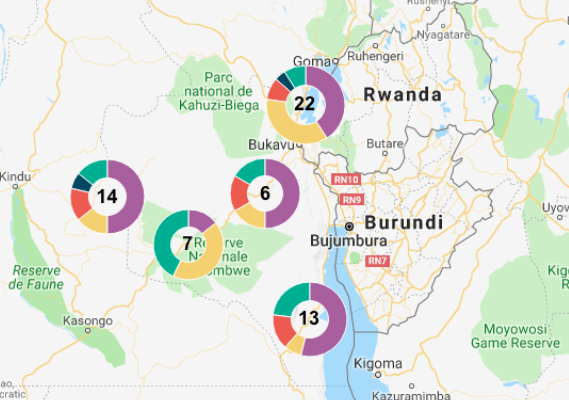
Artisanal and small-scale mining Incident Tracker in eastern DRC
June 5, 2019Since the end of 2018 witnesses and victims of incidents and accidents related to artisanal small-scale production, transport and trading of minerals in the provinces of South-Kivu and Ituri can be reported. IPIS, in collaboration with the Bukavu based Expertise Centre on Mining Governance (CEGEMI) and Ulula,has developed a new, anonymous reporting system. View the ASM Incident Tracker The tool al

Mapping artisanal mining sites in Runde district, Zimbabwe
June 3, 2019In 2018, the Zimbabwean Lawyers Association ZELA started a pilot project of mapping artisanal mining sites in the Runde district (midlands province) of Zimbabwe. ZELA engaged IPIS to provide technical assistance on mobile data collection tools, questionnaire design and to create a printed map and an interactive webmap. A first training was conducted in Harare with the ZELA’s team in November 2018
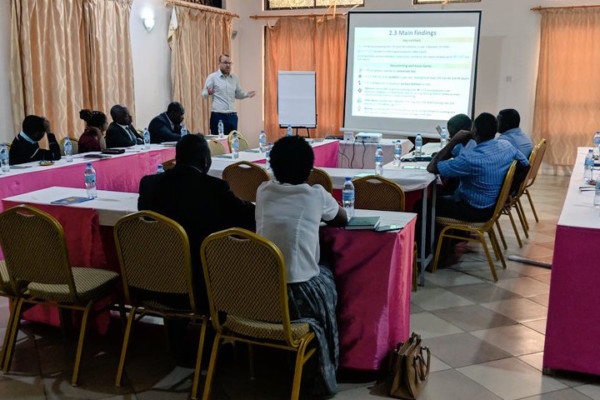
Data sharing on the socio-economic and human rights impact of mining in Tanzania
May 15, 2019Tanzania, May 2019 Since January 2017, IPIS has been working on a project to map the socio-economic and human rights impact of mining in northwest Tanzania. This project is supported by the Belgian development cooperation under a programme on human rights and digitisation. By using mobile technologies such as mobile data collection, GIS mapping, mobile incident reporting and phone surveys throug
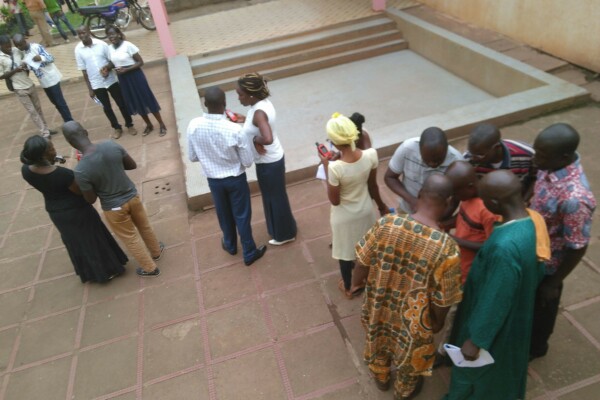
New project of mapping artisanal and small-scale mining sites in the Central African Republic
May 2, 2019Following a successful training in Bangui with members from civil society organizations and field officers from the Kimberley Process focal point at the Ministry of mines and geology of the Central African Republic (CAR), IPIS will start field based research to map artisanal and small-scale gold and diamond mining sites in Western CAR. This study will focus on quantitative research through Mobile
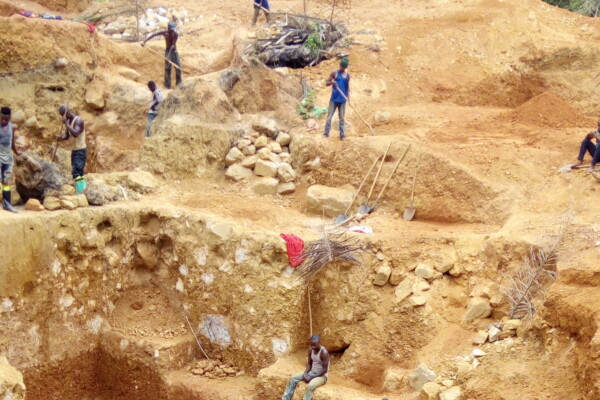
Assessing the impact of due diligence programmes in Eastern DRC: A baseline study
April 24, 2019Over the past decade, various legislative and due diligence programmes (DDP) have been developed to improve mining communities’ livelihoods and reduce human rights abuses in conflict affected and high- risk areas, with a special focus on the African Great Lakes region. Despite significant growth and investments in minerals certification and traceability schemes, data on the impact of due diligence

Mapping artisanal mining areas and mineral supply chains in eastern DRC (2019)
April 9, 2019In a new report and webmap, IPIS presents its updated data on armed conflict and armed interference in eastern DRC’s artisanal mining sector. Building on extensive data, gathered over the last ten years, IPIS assesses the impact of responsible sourcing initiatives in DRC, designed to address armed interference in mineral supply chains. The report illustrates that responsible sourcing efforts have

